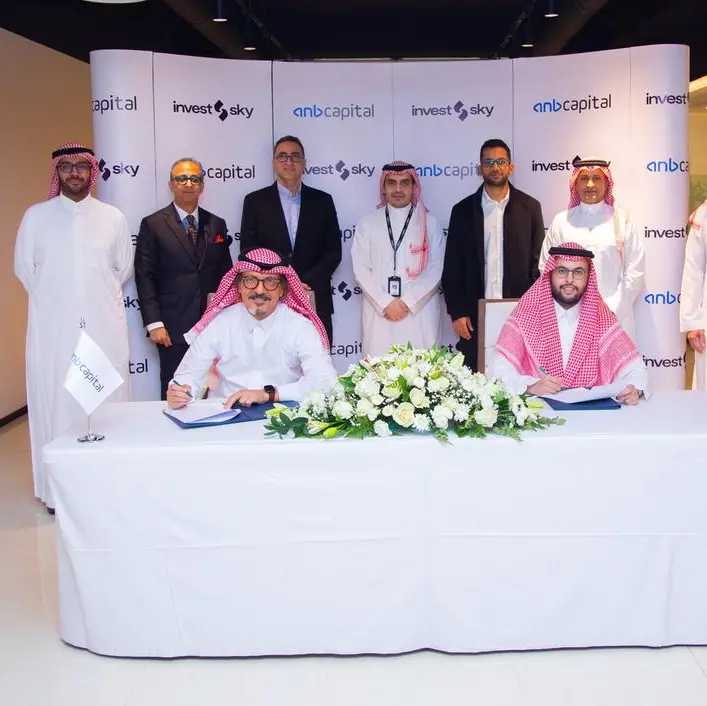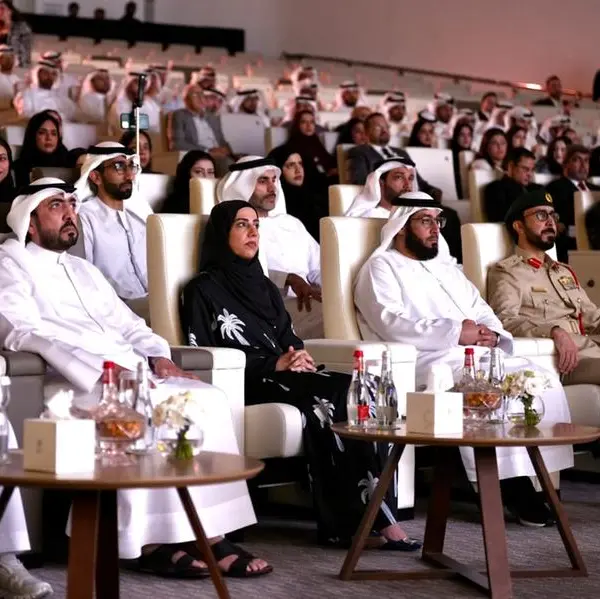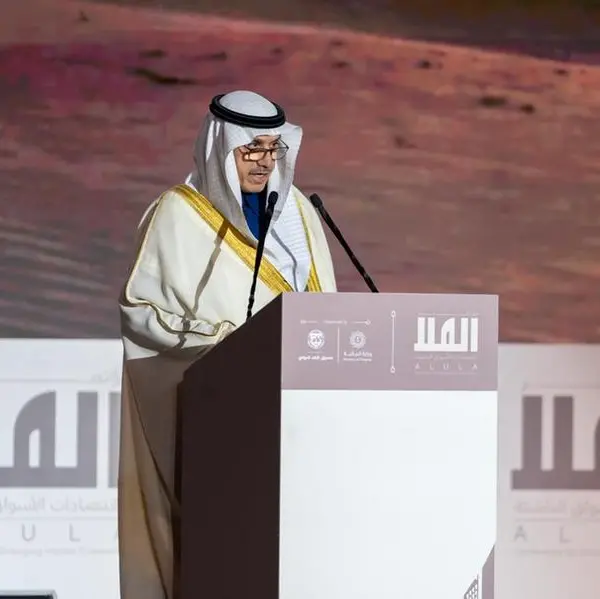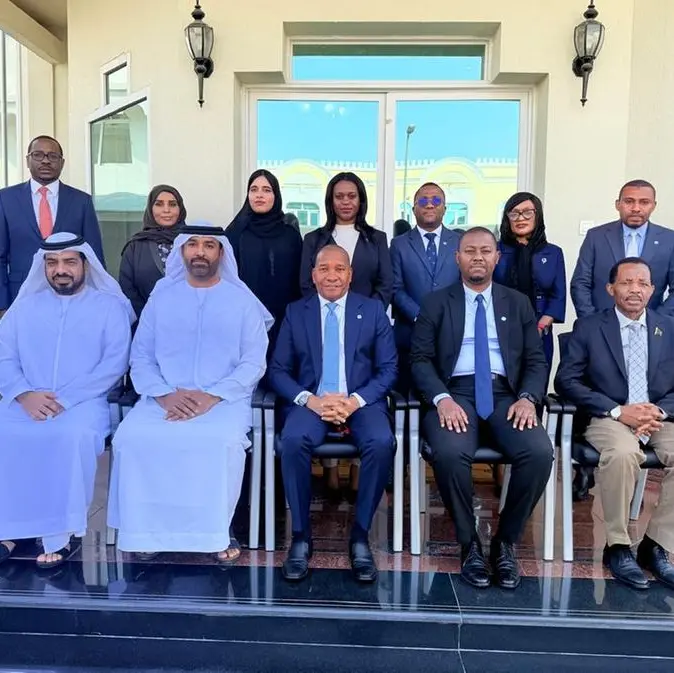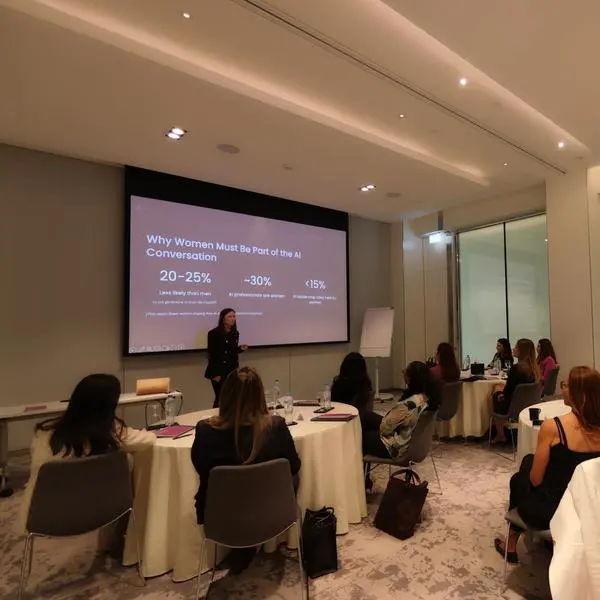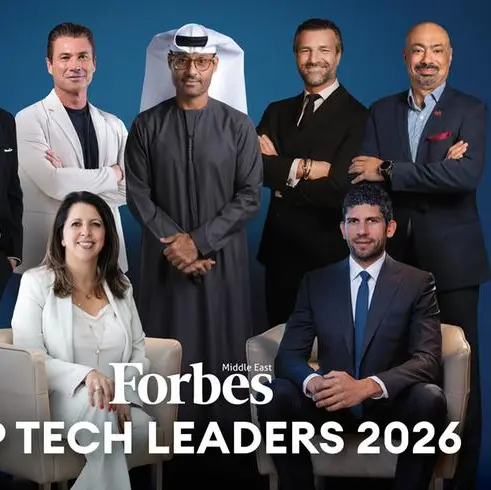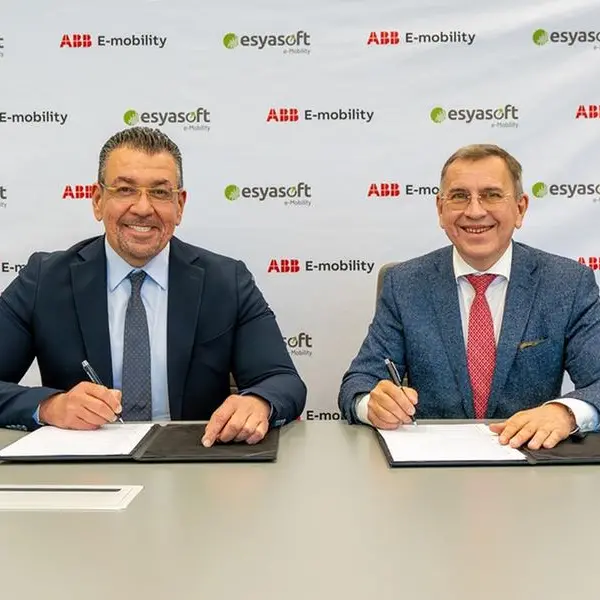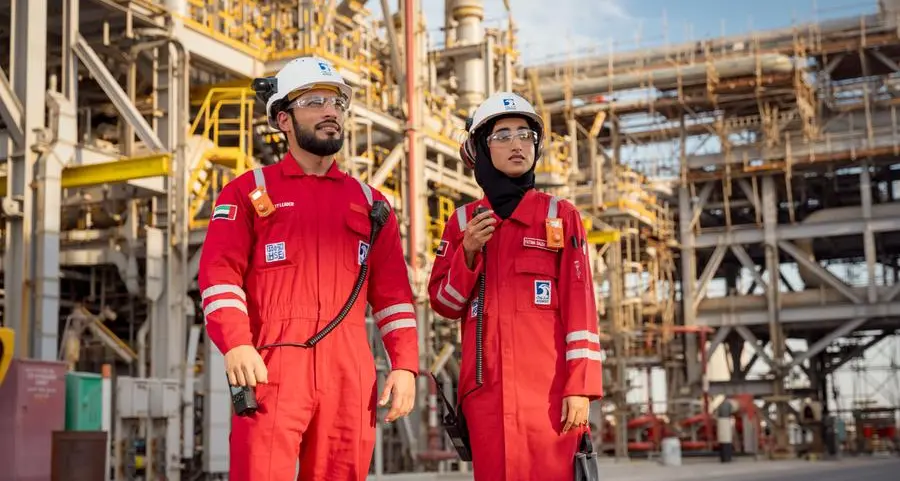Dubai – A panel of experts explored the role of data in driving sustainable growth, as well as the challenges it poses, on day two of the 3rd UAE Public Policy Forum, organised by the Mohammed Bin Rashid School of Government (MBRSG) in collaboration with the Federal Competitiveness and Statistics Authority (FCSA).
Held under the patronage of His Highness Sheikh Hamdan bin Mohammed bin Rashid Al Maktoum, Crown Prince of Dubai and Chairman of the Dubai Executive Council, the Forum is taking place on January 27-28, 2019, at the InterContinental Dubai – Festival City, under the theme “Accelerating SDGs Implementation: Future Policy Roadmap”.
The session – titled “SDG 8: Data-Driven Sustainable Growth Potential and Policy Changes” and moderated by Lara Dahan, Manager of National and Regional Networks at the UN Sustainable Development Solutions Network – brought together H.E. Younus Al Nasser, CEO of the Dubai Data Establishment and Assistant Director General of Smart Dubai; Niels Ploug, Director of Statistics Denmark, and Chair of the UN Global Working Group on Big Data; Kai Klandorf, Executive Director of the Network of Estonian Non-Profit Organisations; and H.E. Malik Radhwan Almadani, Chief Innovation Officer and Director of Strategy and Future Department at FCSA.
“We live in an era where data is fragile and fragmented,” H.E. Younus Al Nasser said. “In order to harness and benefit from this data, we need to have a holistic approach. Here in Dubai, we are working to build a smart city and to do that, we launched the biggest data project in the world. We worked to set the appropriate legislative framework to promote a trusted exchange of data among citizens.”
“There are two different forms of data: structured and unstructured. We are now at a stage where we are building a whole data ecosystem; we are bringing all stakeholders to the table in what we call ‘ecosystem enablement’. We want to transform Dubai into a role model in terms of exchanging data and utilising data in policymaking,” H.E. Al Nasser explained, citing as an example Smart Dubai’s recent collaboration with the Executive Council of Dubai to reduce traffic accidents and road fatalities in the emirate. “Once we looked at the data, it became obvious what needs to be done to prevent accidents. We often work with telecommunication companies to mine data and then use AI to detect anomalies in real time. Real-time data is the future; decision makers cannot wait for reports to be developed, they need data instantly.”
Meanwhile, H.E. Malik Radhwan Almadani said: “We must always differentiate between open data and big data. The latter is defined by its size and consists of large, rapidly changing data sets, while open data is defined by its use, whereby we simply put the data out there and let stakeholders access and use it. To lead a data-driven policy, we need first to convince people to share data – beginning with government entities. We try to work with government peers to create a data ecosystem; one of the projects we worked on is bayanat.ae, where there are now more than 900 datasets to use for trend analysis and decision making, to be used by both government agencies and private companies.”
On leading efforts on the SDG agenda in the UAE, H.E. Almadani explained that one of the first things the FCSA did was to create the National Committee on Sustainable Development Goals. “Having a panel of federal government officials was not enough, however, and with that in mind, we expanded horizontally by including the private sector and forming a youth council,” he continued. “We have also expanded vertically by working, for example, with the Ministry of Health and Prevention. The Ministry has identified the SDG indicators relevant to their work and developed a framework to insert them into their own system of KPIs.”
For his part, Niels Ploug, noted: “In Denmark we say data beats words. If you don’t have data, you’re just another guy with an opinion. The sustainable development goals insist not to leave anyone behind; this calls for granular data, we cannot rely on the old ways of doing things, we need to have data on everyone. This is why we, at the UN Global Working Group on Big Data, have launched many initiatives around the world to improve data collection. Statistics agencies around the world are working together now and we are working to set up a global platform where these agencies can share their data and algorithms. Easy access to data and transparency are essential.”
Last but not least, Kai Klandorf discussed Estonia’s experience with data and advanced technology. “We are a small country of 1.3 million; we need to be very efficient and we therefore became very e-friendly,” she said. “We created various access points to information so that interaction with the government can be made easy and innovation can be supported. It took me just 20 minutes to renew my passport in order to travel here; creating an NGO takes less than 5 minutes. Less bureaucracy allows everyone to focus on more important things.”
“We need to simultaneously analyse different sets of data to make the best decisions,” Klandorf asserted, citing as an example Estonia’s approach to creating a transport system for its second largest city. “We analysed data from our bus system to know where people like to go the most, but once we overlapped it with data from cars and taxis, we realised that the bus system was actually creating hassles for commuters. Bus system data didn’t necessarily show us where people really wanted to go, it was insufficient, and we needed to ask them.”
“Data is important, but we shouldn’t forget to ask people what they want,” Klandorf concluded.
-End-
© Press Release 2019Disclaimer: The contents of this press release was provided from an external third party provider. This website is not responsible for, and does not control, such external content. This content is provided on an “as is” and “as available” basis and has not been edited in any way. Neither this website nor our affiliates guarantee the accuracy of or endorse the views or opinions expressed in this press release.
The press release is provided for informational purposes only. The content does not provide tax, legal or investment advice or opinion regarding the suitability, value or profitability of any particular security, portfolio or investment strategy. Neither this website nor our affiliates shall be liable for any errors or inaccuracies in the content, or for any actions taken by you in reliance thereon. You expressly agree that your use of the information within this article is at your sole risk.
To the fullest extent permitted by applicable law, this website, its parent company, its subsidiaries, its affiliates and the respective shareholders, directors, officers, employees, agents, advertisers, content providers and licensors will not be liable (jointly or severally) to you for any direct, indirect, consequential, special, incidental, punitive or exemplary damages, including without limitation, lost profits, lost savings and lost revenues, whether in negligence, tort, contract or any other theory of liability, even if the parties have been advised of the possibility or could have foreseen any such damages.
